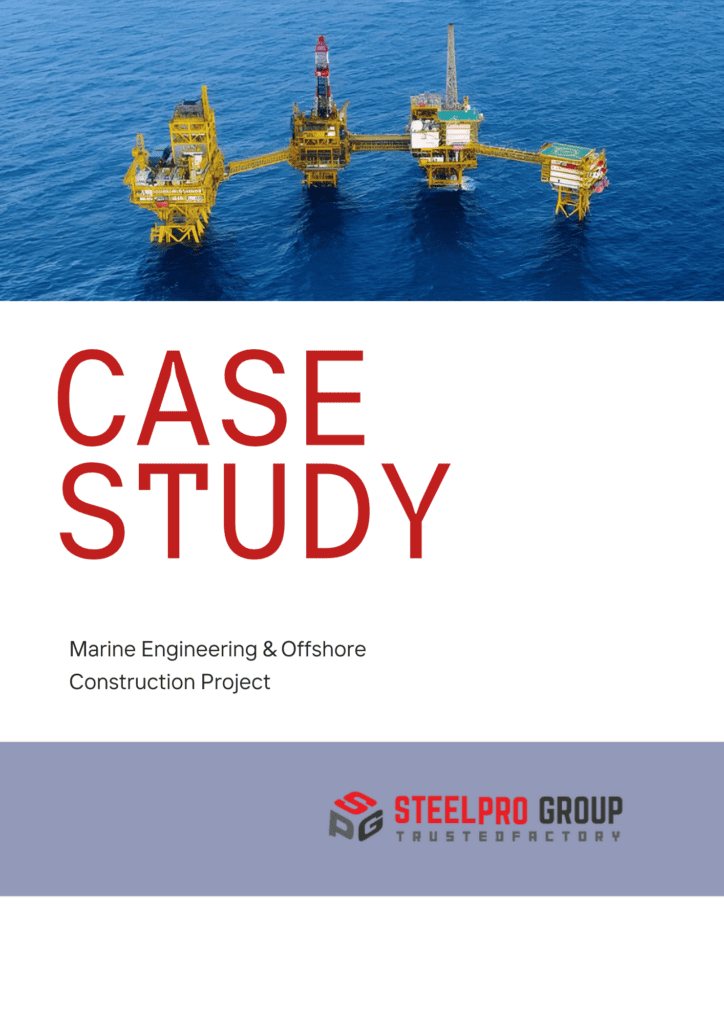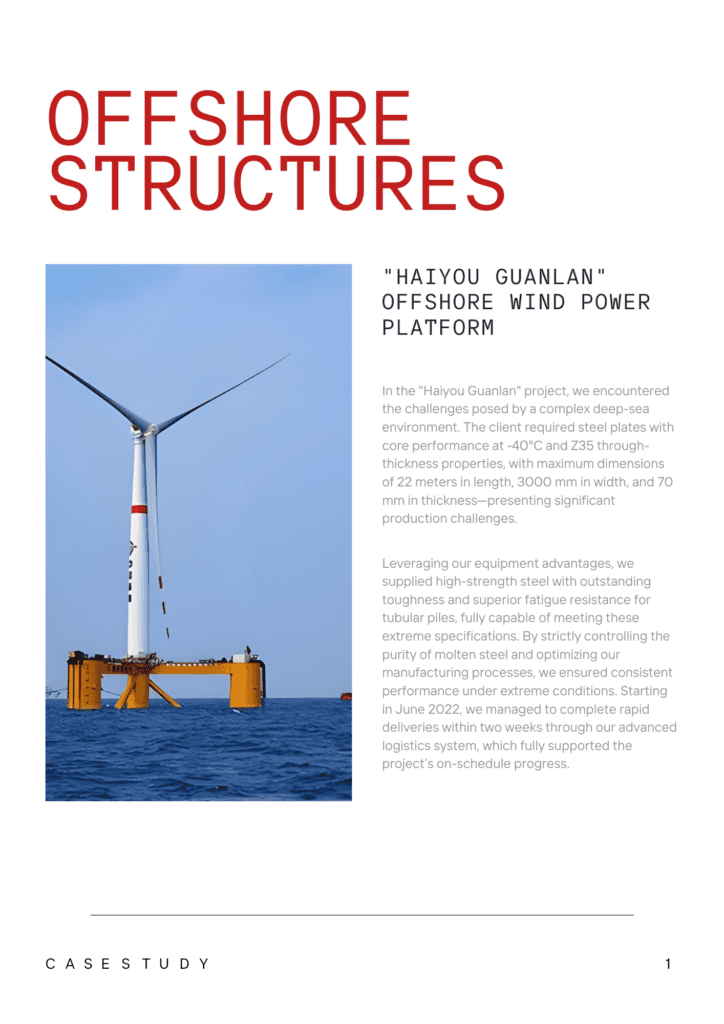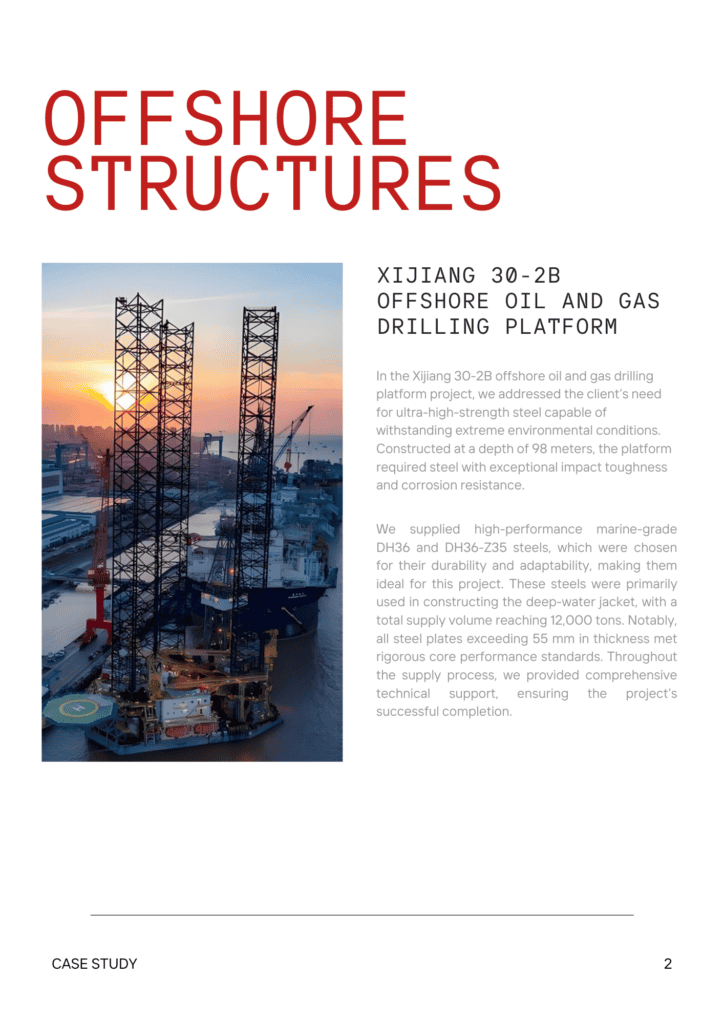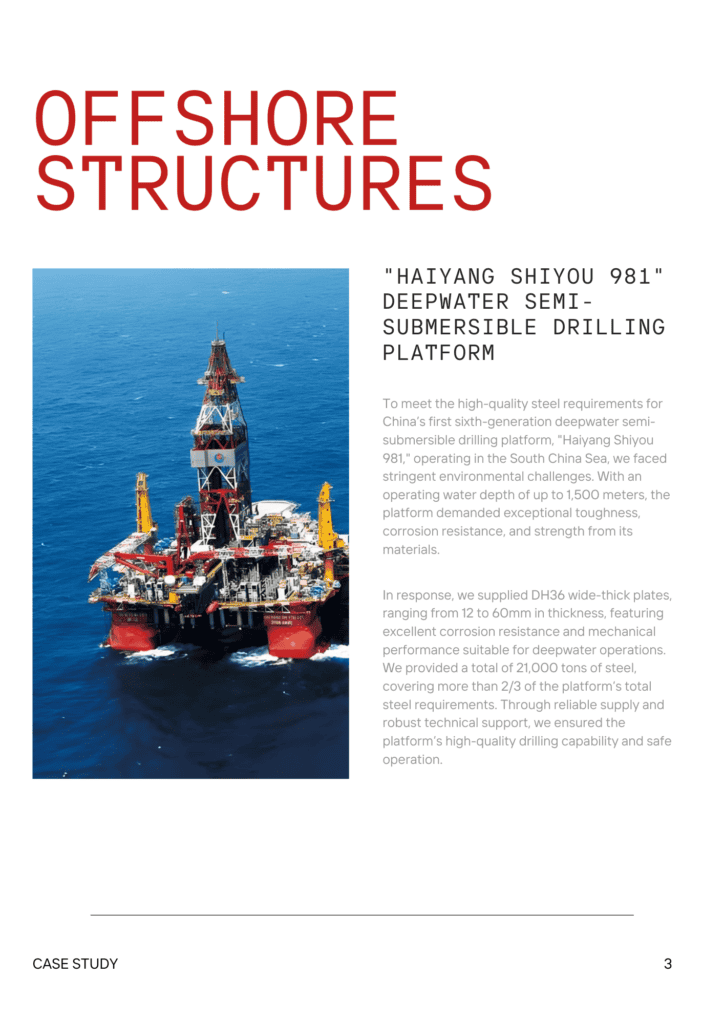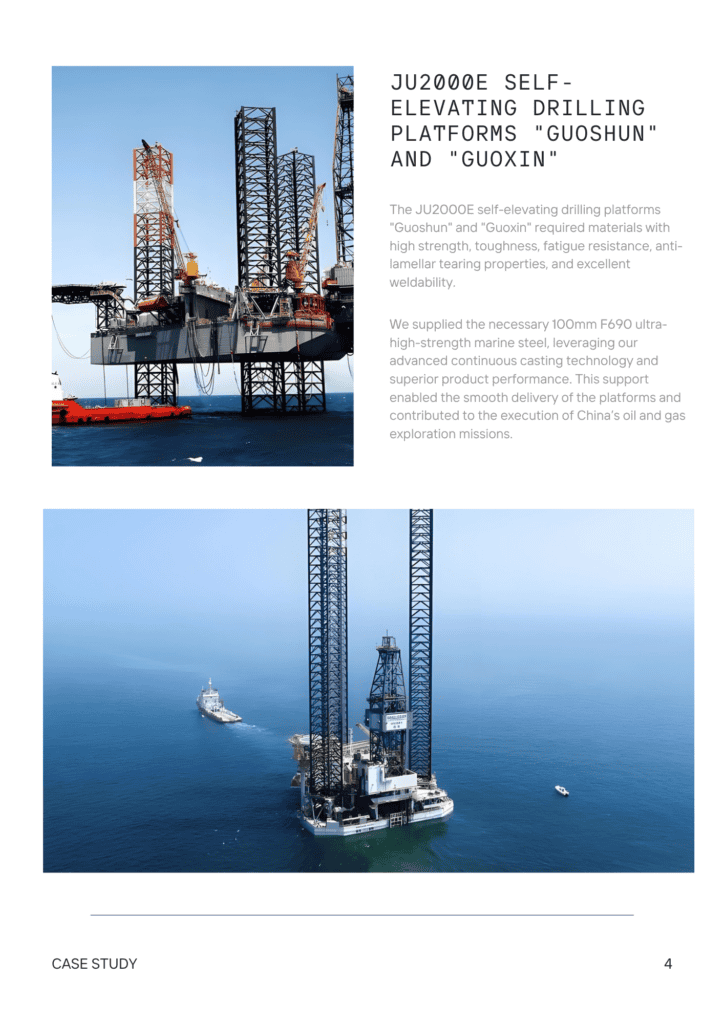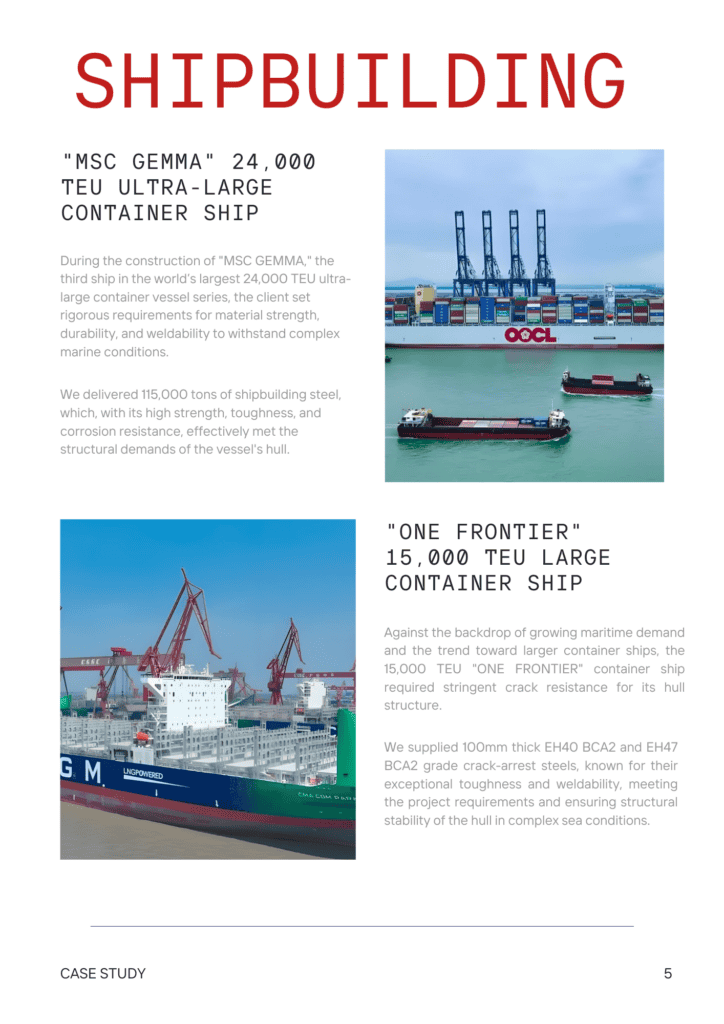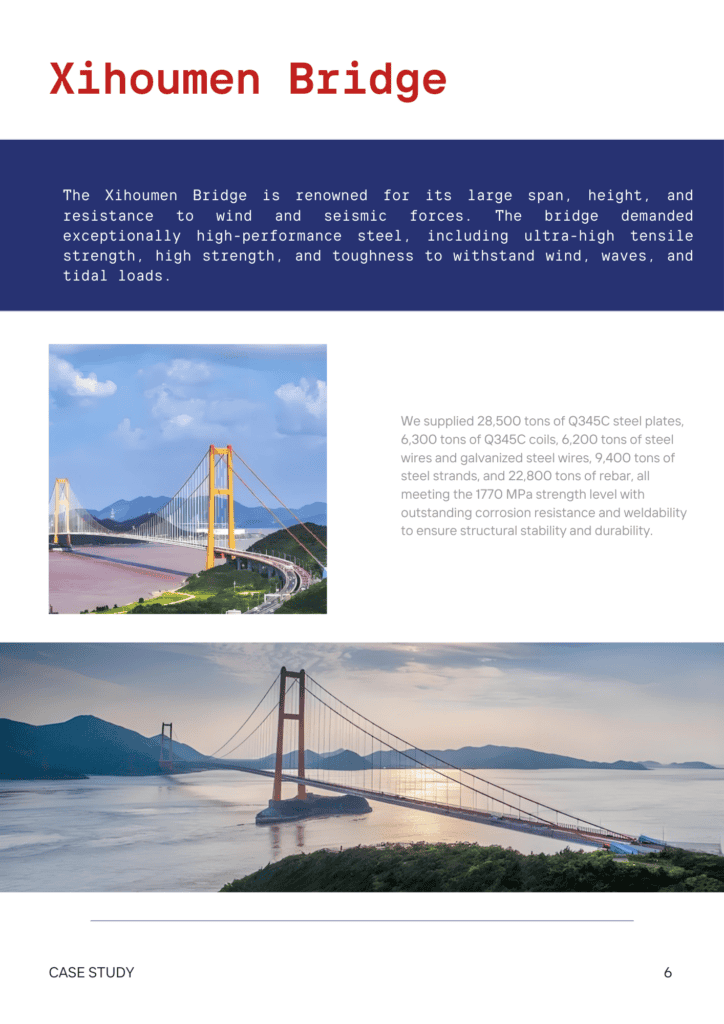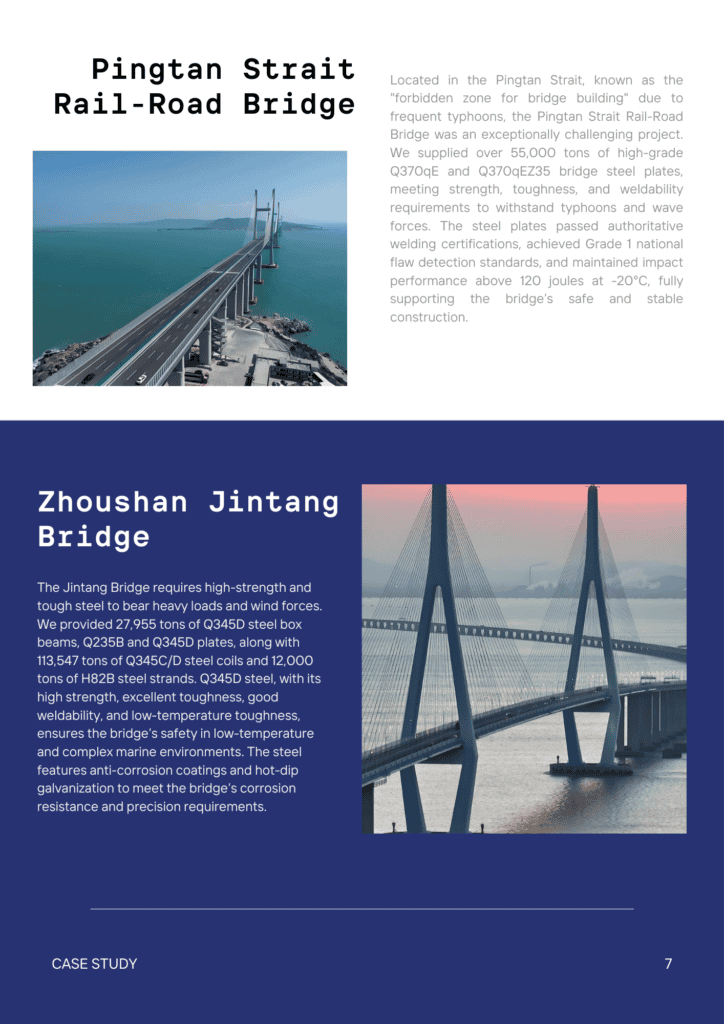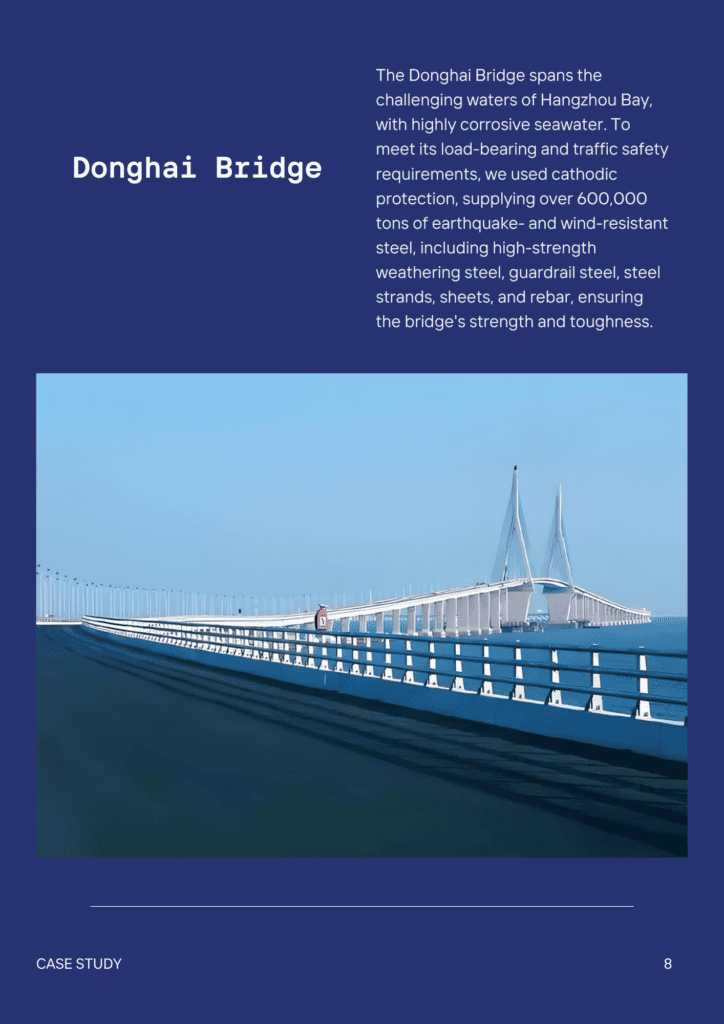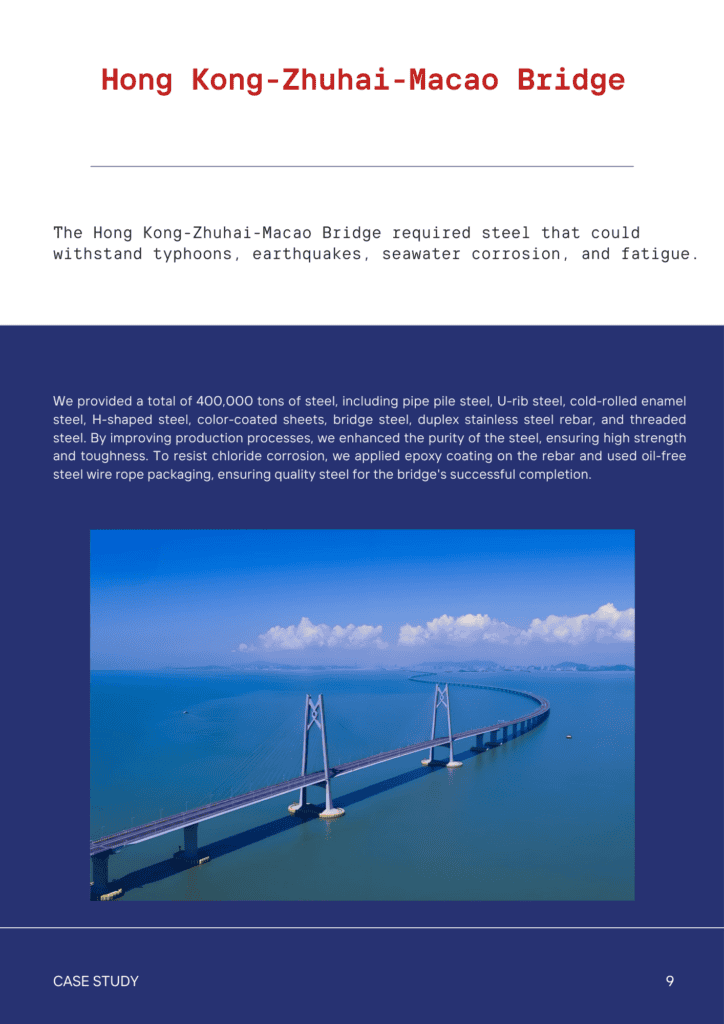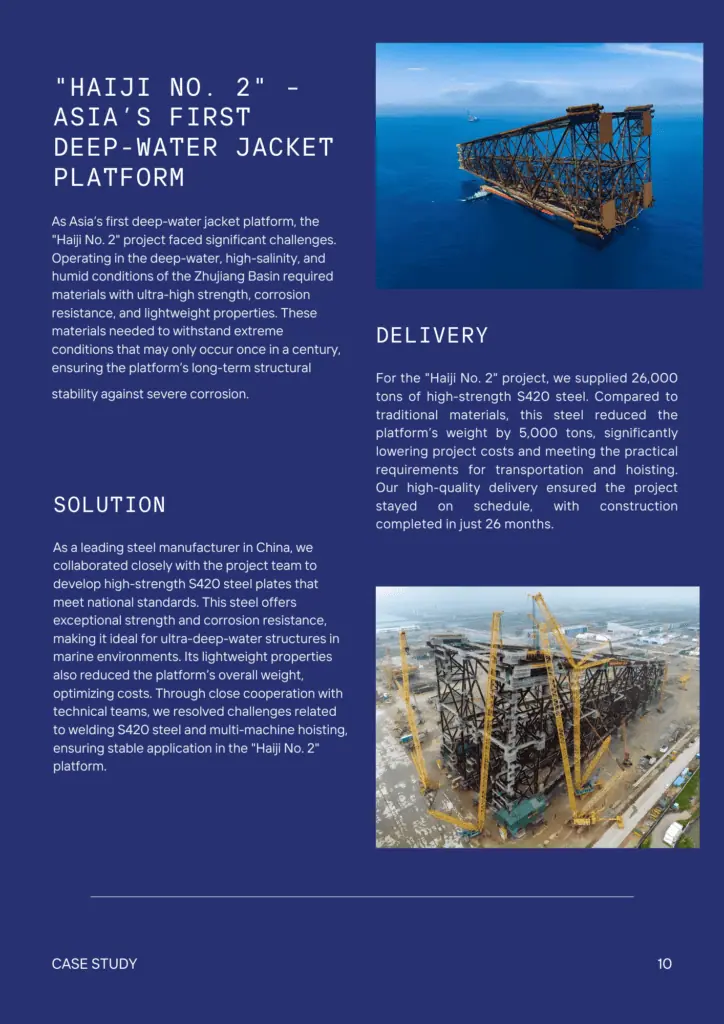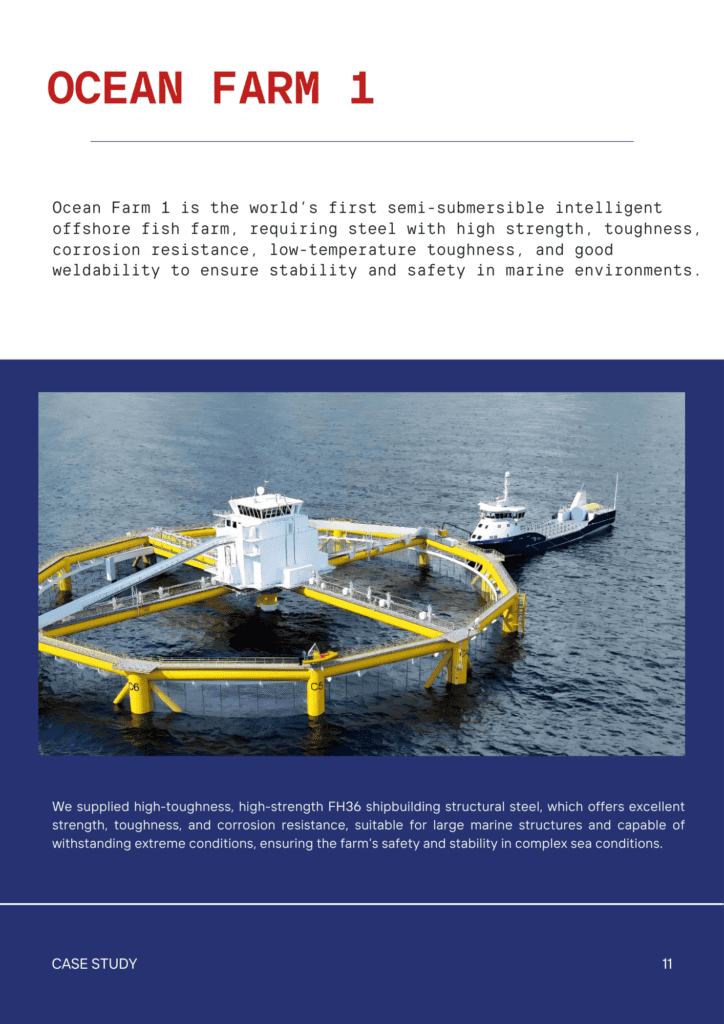Contents
How Strong Is Carbon Steel?
- John
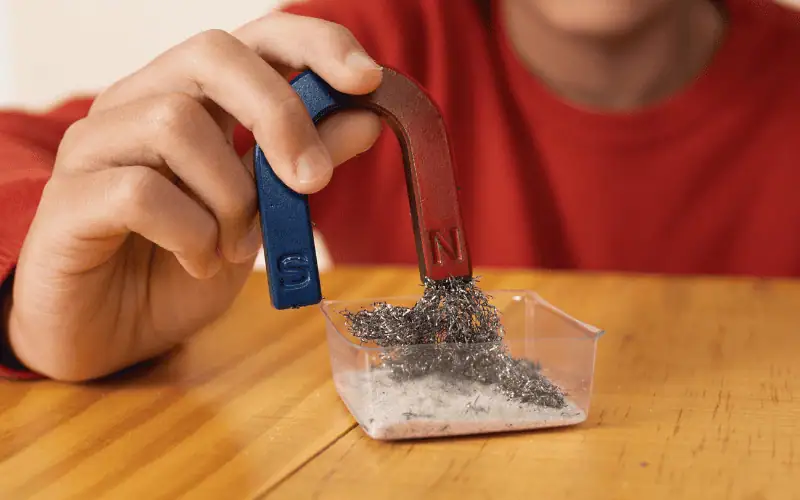
Carbon steel is typically strong. Its tensile strength ranges from 400 MPa to 1,200 MPa, depending on the carbon content and heat treatment.
SteelPro Group provides a wide range of carbon steel strengths to customers across different countries. We also offer various customization options for your specific project. Next, we’ll break down what makes carbon steel so durable and offer expert advice on how to choose the right carbon steel grade for your projects.
What is Carbon Steel?
Carbon steel is an iron-carbon alloy containing 0.05% to 2.1% carbon by weight, with trace amounts of manganese, silicon, and other elements. Unlike stainless steel, it lacks corrosion resistance, but this simplicity allows engineers to precisely tune its strength, ductility, and cost-effectiveness.
What Makes Carbon Steel So Strong?
Carbon steel’s strength is developed at the atomic, microstructural, and industrial levels. Here’s how each level contributes to its strength:
The Role of Carbon Content in Steel Strength
Carbon atoms (0.05%-2.1%) fit into the iron’s crystal structure, causing small distortions. These distortions block dislocations, which are tiny shifts in the metal that lead to deformation.
This small percentage has an outsized impact:
- Low-carbon steel (0.05%–0.3% carbon): Balances ductility and moderate strength (400–550 MPa tensile strength), ideal for machinery parts and structural beams.
- Medium-carbon steel (0.3%–0.6% carbon): Offers higher strength (600–800 MPa) and wear resistance, used in gears and railway tracks.
- High-carbon steel (0.6%–2.1% carbon): Boasts extreme hardness and tensile strength (up to 1,200 MPa), perfect for cutting tools and springs.
The Alloying Element Effect
Although present in small amounts, trace elements work together with carbon to enhance performance:
- Manganese (0.3–1.5%)
It helps to neutralize sulfur and oxygen impurities, improving the toughness and strength of steel.
- Silicon (0.15–0.35%)
It is used as a deoxidizer, helping to remove oxygen from molten steel, which can reduce the formation of micro-cracks during rolling and improve the steel’s overall properties.
- Vanadium (<0.1%)
It forms carbides that increase the hardness and strength of the steel. These carbides are fine and evenly distributed, which improves the steel’s wear resistance and toughness.
Microstructure and Heat Treatment
Heat treatment rearranges carbon steel’s atomic structure, transforming its microstructure and, therefore, its mechanical properties:
| Microstructure | Formation Process | Key Properties |
| Ferrite | Slow cooling | Soft, ductile (e.g., nails) |
| Pearlite | Moderate cooling | Layered Fe/Fe₃C – balanced strength (e.g., railroad tracks) |
| Martensite | Quenching at >800°C | Ultra-dense tetragonal lattice – Rockwell C 60+ (e.g., surgical scalpels) |
Carbon Steel Strength: Data Overview
Below, we’ll break down the typical strength data for each category, using various grades as examples.
| Steel Category | Hardness | Tensile Strength | Yield Strength | ||
| Metric (Mpa) | Imperial (psi) | Metric (MPa) | Imperial (psi) | ||
| Low Carbon Steel | Rockwell B 60 – 90 | 400 – 550 | 58,000 – 80,000 | 250 – 350 | 36,000 – 51,000 |
| Medium Carbon Steel | Rockwell C 20 – 30 | 600 – 800 | 87,000 – 116,000 | 400 – 500 | 58,000 – 73,000 |
| High Carbon Steel | Rockwell C 40 – 65 | 900 – 1,200 | 130,000 – 174,000 | 550 – 700 | 80,000 – 101,500 |
Different Carbon Steel Grades Strength
Carbon steel’s strength varies dramatically by carbon content and processing. Below we break down key ASTM/SAE grades strength with verified industrial data:
| Category | Grade | Condition | Tensile Strength (MPa/ksi) | Yield Strength (MPa/ksi) | Hardness |
| Low Carbon Steel | ASTM A36 | Hot Rolled | 400-550 / 58-80 | 250 / 36 | 67-83 HRB |
| Low Carbon Steel | SAE 1018 | Cold Drawn | 440-640 / 64-93 | 370 / 54 | 71-78 HRB |
| Medium Carbon Steel | SAE 1045 | Normalized | 620-790 / 90-115 | 415 / 60 | 170-210 HB |
| Medium Carbon Steel | SAE 4140 | Quenched + Tempered | 950-1,100 / 138-160 | 850 / 123 | 28-32 HRC |
| High Carbon Steel | SAE 1095 | Quenched + Low-Temperature Tempered | 990-1,220 / 144-177 | N/A (Brittle Material) | 60-65 HRC |
| High Carbon Steel | W1 Tool Steel | Water Quenched + Cryogenic Treatment | 1,500-1,900 / 218-276 | 1,750 / 254 | 64-66 HRC |
Carbon Steel vs. Other Metals: Strength Showdown
Carbon Steel vs. Stainless Steel
Carbon steel is stronger, making it ideal for structural applications that require high strength. However, stainless steel has superior corrosion resistance, making it more suitable for environments like kitchens and medical tools where protection from rust and stains is essential.
For more detailed comparison, click here: Carbon Steel vs. Stainless Steel.
Carbon Steel vs. Aluminum
Carbon steel is significantly stronger than aluminum, with a higher tensile strength. Aluminum, on the other hand, is much lighter and more ductile, making it the material of choice for aerospace or transportation applications where weight reduction is critical.
For more detailed comparison, click here: Carbon Steel vs. Aluminum.
Carbon Steel vs. Cast Iron
Carbon steel is much stronger and more flexible than cast iron. While cast iron excels in compression-heavy applications, like engine blocks, it is more brittle and lacks the tensile strength that carbon steel provides, making carbon steel a better choice for high-stress, dynamic applications.
For more detailed comparison, click here: Carbon Steel vs. Cast Iron.
Carbon Steel Strength and Applications
1. Low-Strength Carbon Steel Applications
- Structural engineering: Building frames
- Automotive: Body panels
- Piping systems: ASTM A53 seamless tubes
Grades: ASTM A36, SAE 1018
2. Medium-Strength Carbon Steel Applications
- Power transmission: Gear shafts
- Rail systems: UIC 860V tracks
- Hydraulic components: Piston rods
Grades: SAE 1045, 4140
3. Ultra-High-Strength Carbon Steel
- Cutting tools: HSS drill bits
- Defense: NIJ Level IV armor plates
- Springs: Suspension coils
Grades: SAE 1095, W1 Tool Steel
Find the Right High-Strength Carbon Steel for Your Needs
SteelPro Group offers high-quality, certified materials to meet your specific requirements. We provide customized solutions, including heat-treated and precision-cut carbon steel, tailored to your industry’s needs. Our expert team ensures you get the optimal balance of strength, hardness, and flexibility for your applications.
Get strong, reliable carbon steel—engineered for your success. Request a Quote Now.



